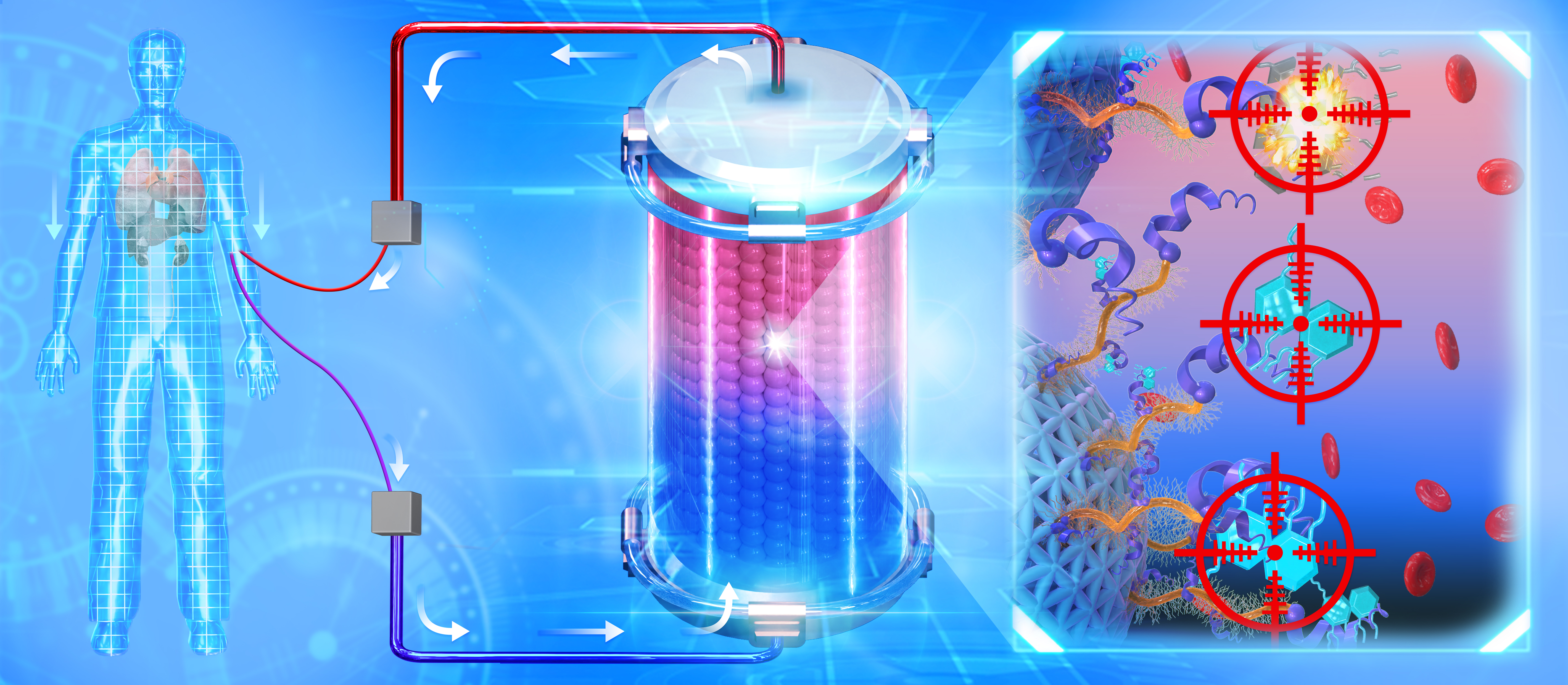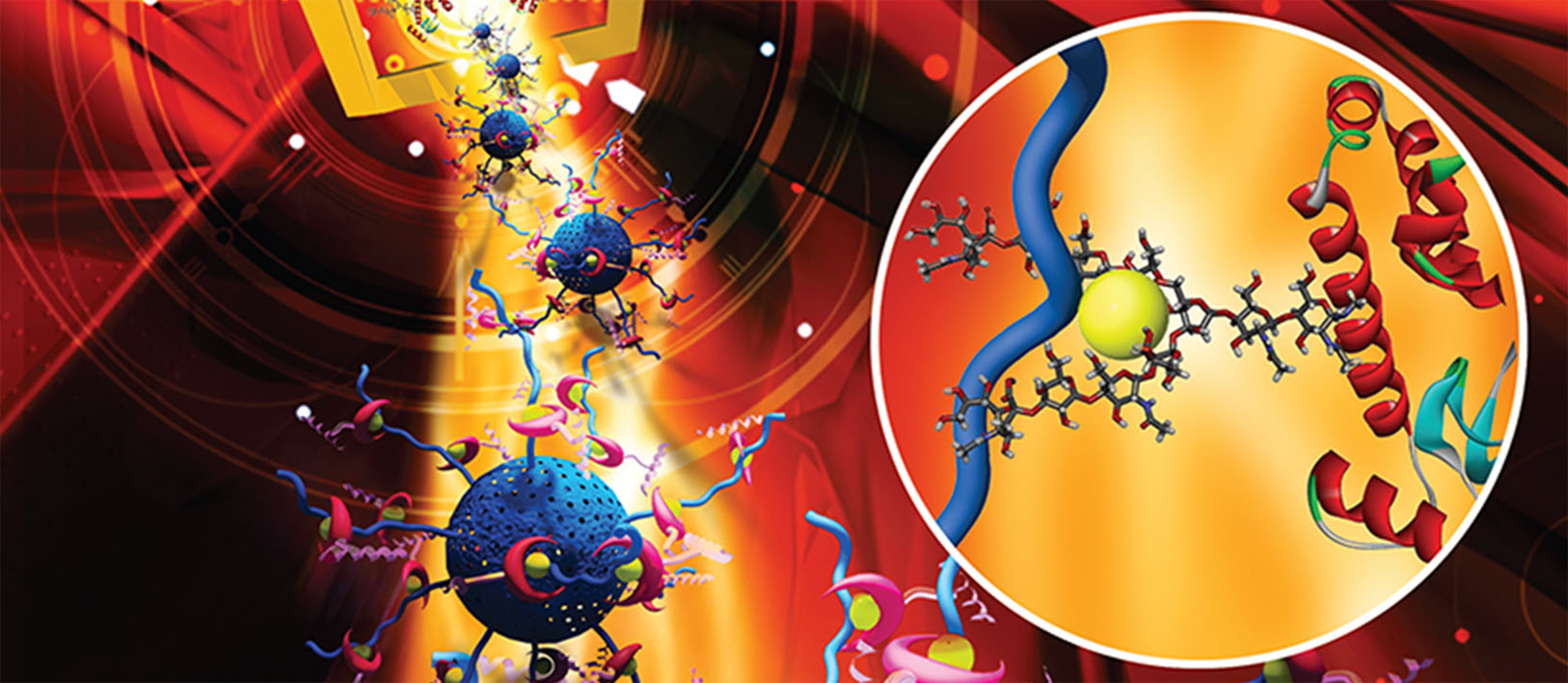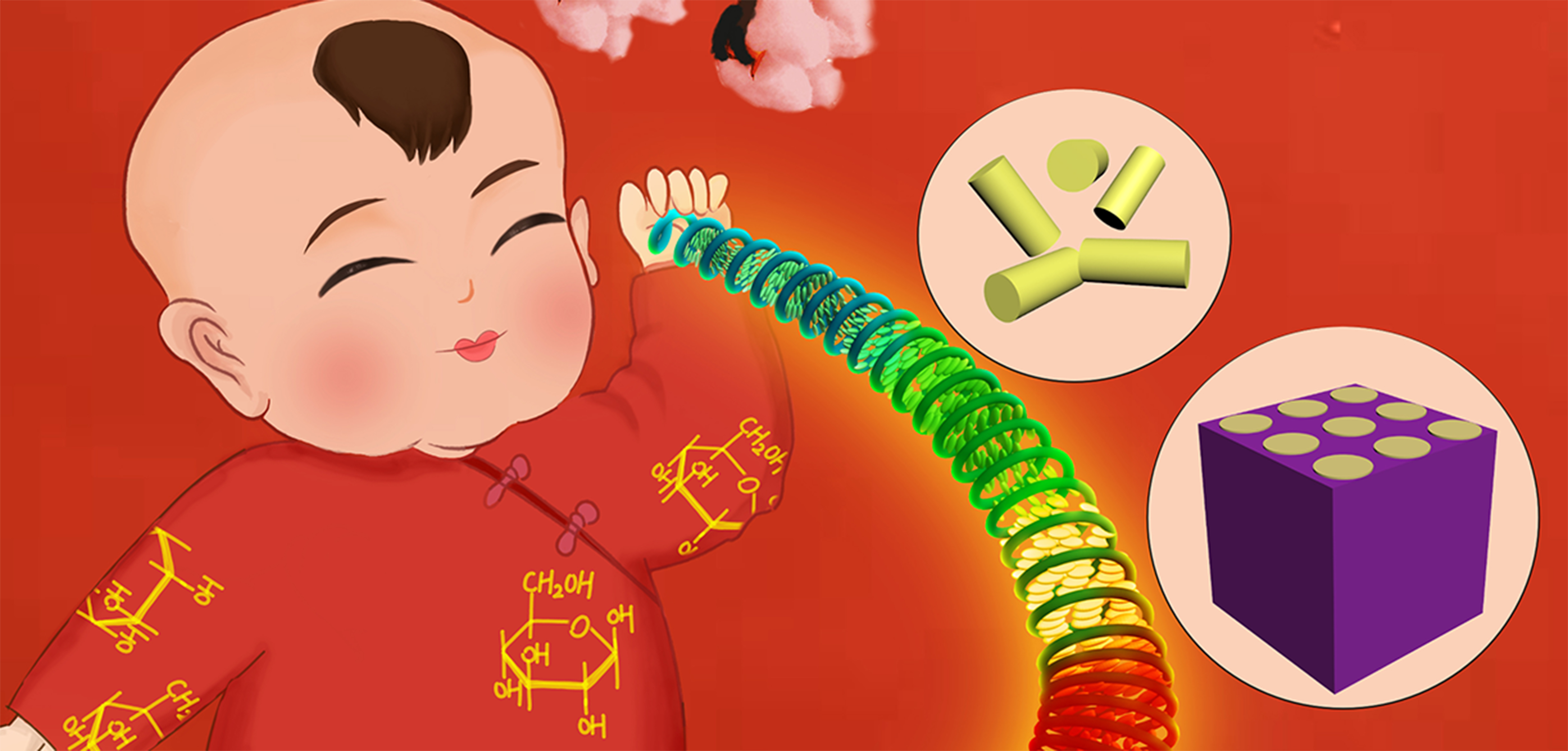- English
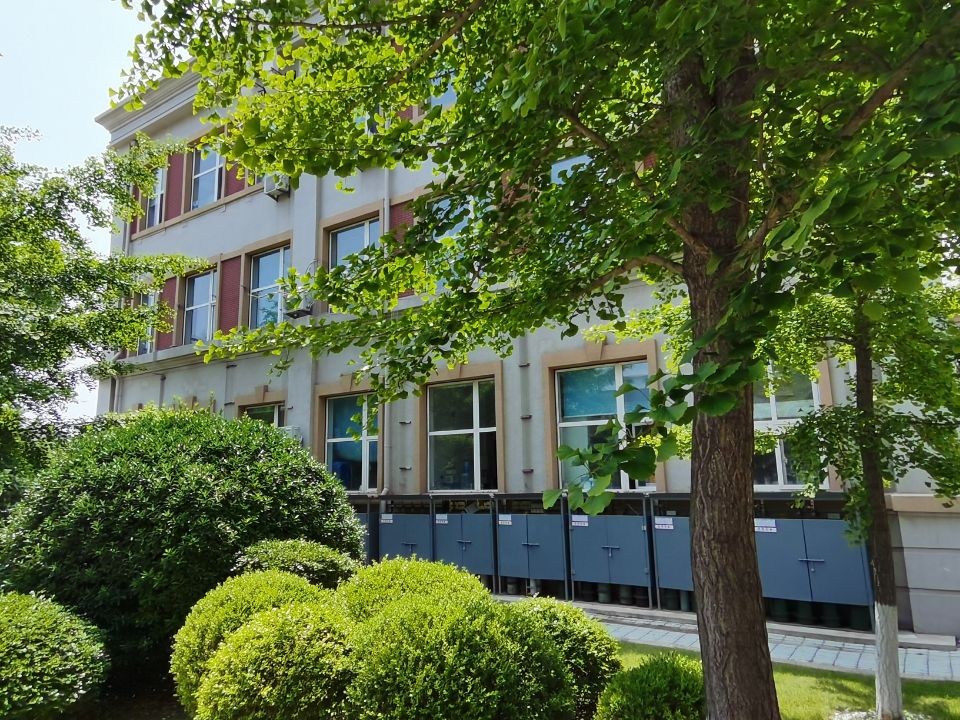
The research group "Bioseparation and Interfacial Molecular Mechanism" is affiliated to the National Chromatography Research and Analysis Center, the Key Laboratory of Separation and Analytical Chemistry of the Chinese Academy of Sciences (CAS) and the Biotechnology Department of the Dalian Institute of Chemical Physics (DICP), CAS. At present, there are 1 researcher, 6 postdoctoral fellows, 9 doctoral graduate students, 6 master graduate students, and 3 project employees. The research is supported by five National scientific research projects and 2 provincial and ministerial projects. The research team is equipped with complete material synthesis, characterization and testing instruments, including multifunctional microplate readers, quartz crystal microbalance (QCM), fluorescence spectrometer, ultraviolet spectrometer, patch clamp, electrochemical workstation, picoammeter, high-performance liquid chromatography (HPLC), gas chromatography (GC), glove box, liquid chromatography-mass spectrometry (LC-MS), etc. The research group revolves around the core topic of biological separation, that is the preparation of high-performance separation and enrichment materials, developing a series of polymer-based materials that respond specifically to biomolecules, and during the process of biological separation, the molecular interaction mechanism at the bio-interface need to be investigated carefully.
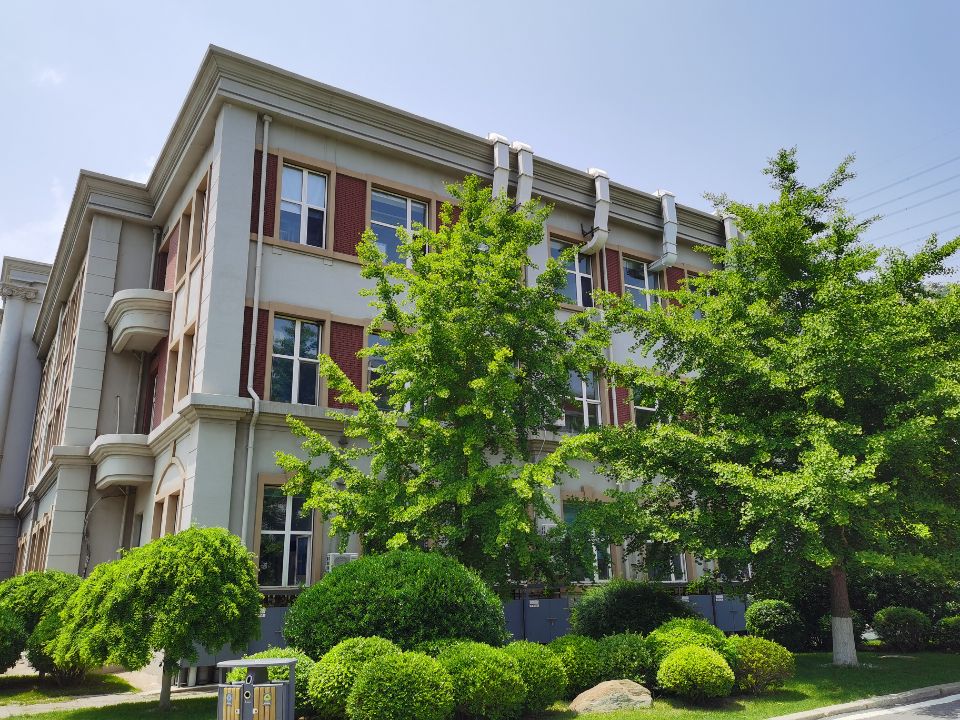
Overview of research directions: Biological separation is the premise and foundation of biological and medical research. The acquisition and quantitative analysis of high-purity samples are directly related to the success or failure of biological research. At the same time, in the production of modern biotechnology products, separation costs account for 70–90% of the total cost. These are very closely related to the separation technology with chromatogram as the core. Life science has never been like this, and there is an urgent need for advanced separation methods and technologies. The “Precision Medicine Program” also urgently needs to develop enriched materials and technologies that have the ability to accurately identify target biomolecules. The core of biological separation is the development of highly selective separation materials. The research team designed a series of biomolecule-responsive polymers to achieve accurate recognition from chiral biomolecules, intelligent polymer construction, and their applications in chiral separation and post translational modification proteomics.


